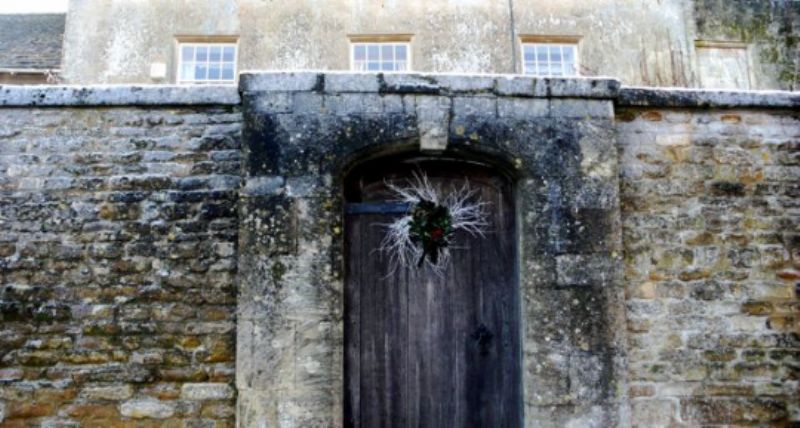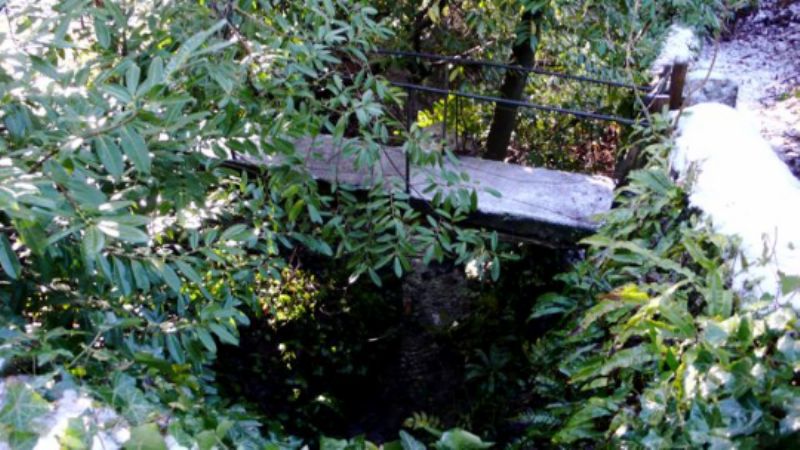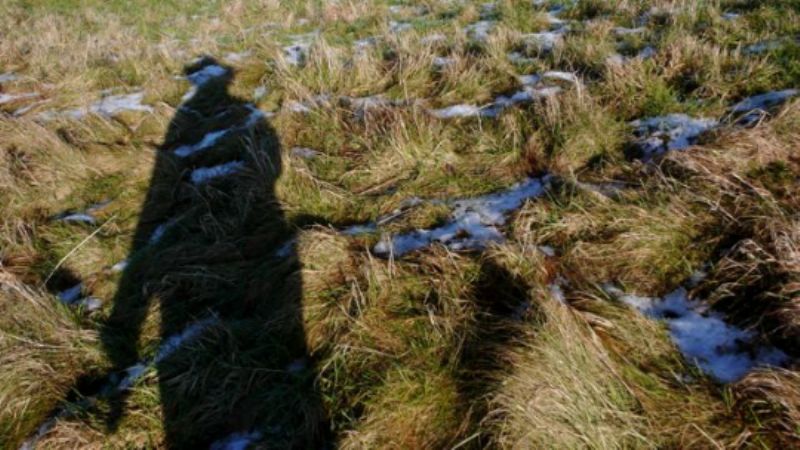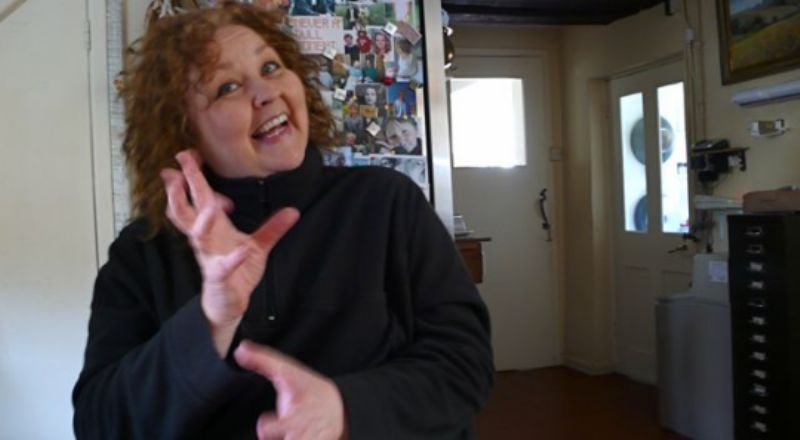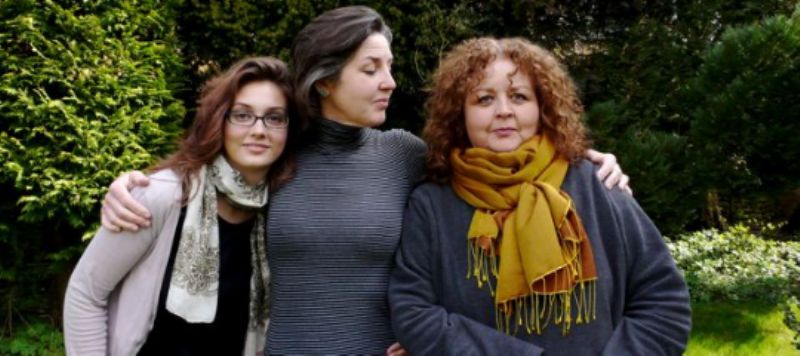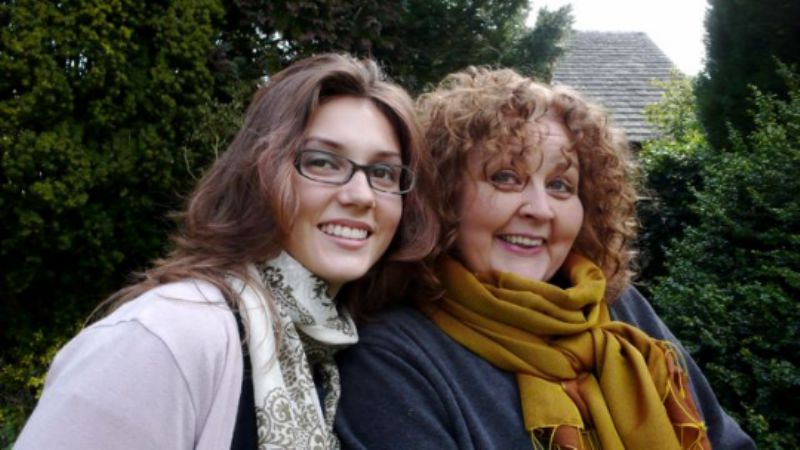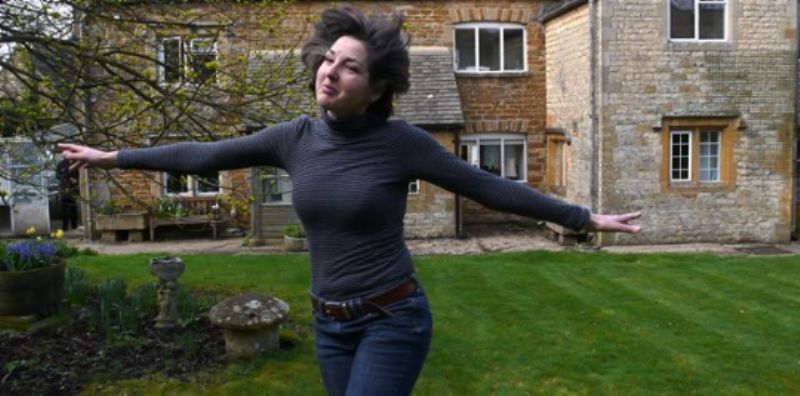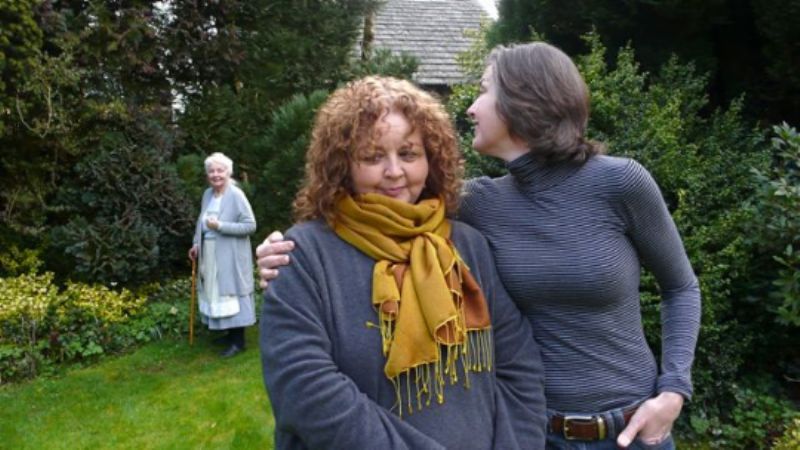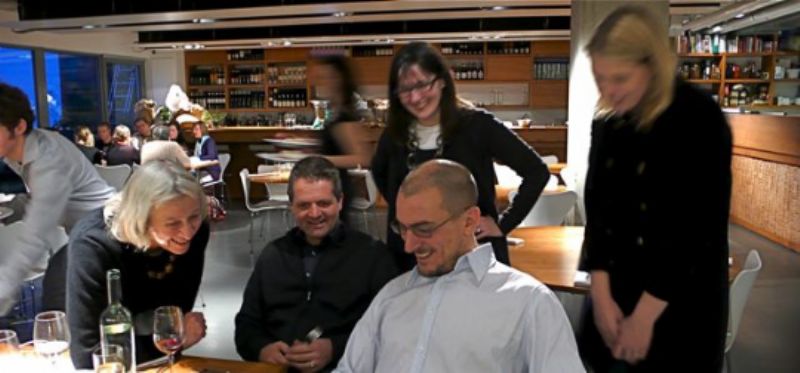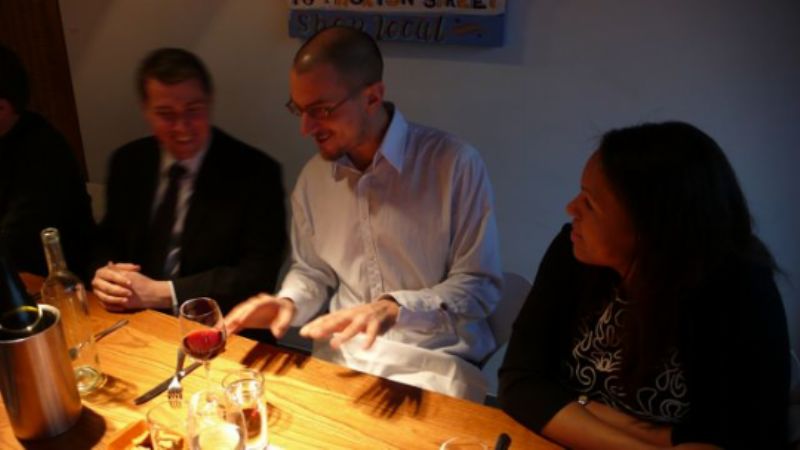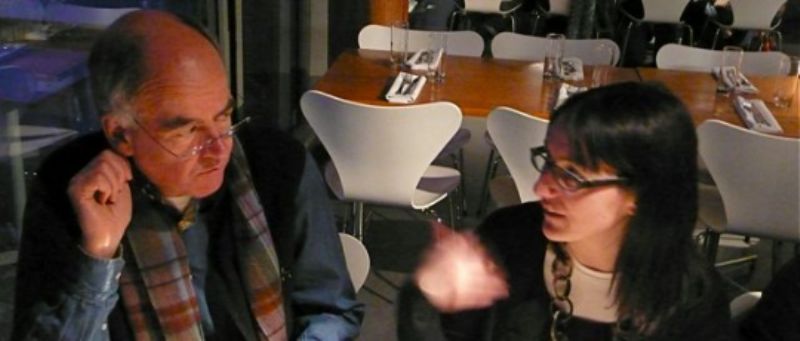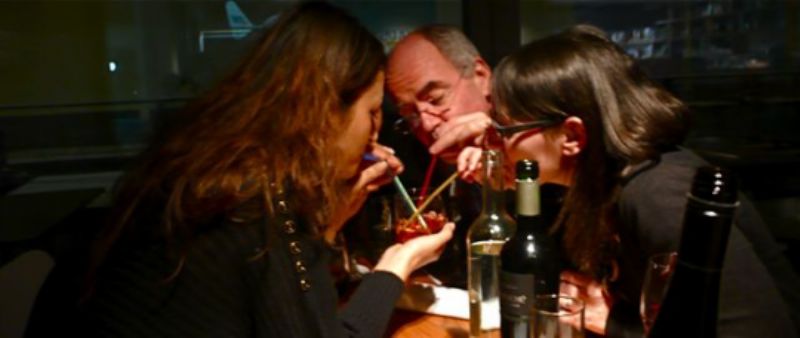Democracy is at the heart of the new agenda of the Foundation for Democracy and Sustainable Development (FDSD), which I chair, previously The Environment Foundation. In this context, a reflection by Niall Ferguson in today’s Financial Times on the meaning of the past decade struck me as particularly apt and insightful. He explores the reasons behind the astonishing – and accelerating – shift to the east in the world’s economic (and, ultimately, political) centre of gravity. In the process, he asks what it was that gave the West its “ascendancy”, through the Renaissance, the Reformation, the Enlightenment and the ensuing race around the world, as far as the Antipodes?
His answer is that the West benefited from six “killer apps”. These were: “the capitalist enterprise, the scientific method, a legal and political system based on private property rights and individual freedom, traditional imperialism, the consumer society and what Weber probably misnamed the ‘Protestant’ ethic of work and capital accumulation as ends in themselves.”
Some of these, Ferguson argues, particularly numbers one and two, China has already replicated. Other, and among these he includes imperialism, consumption and the work ethic, it is making headway on. “Only number three,” he notes, “the Western way of law and politics – shows little sign of emerging in the one-party state that is the People’s Republic.” But, he muses, “does China need dear old democracy to achieve enduring prosperity?”
Those two words, enduring and prosperity, put the question slap-bang into the heartland of the territory that the FDSD team is beginning to map out. As we wrestle with the question of how to shift paradigms in ways that we want, we also have to be aware that paradigms often shift under their own steam. As we reflect on future pathways to scale for solutions we find exciting, the ways in which those solutions will play out will be powerfully influenced by paradigmatic and civilisational trends of the sort discussed here.
Read Niall Ferguson’s fascinating article and ponder our collective future trajectories – as I did. Then join us at the Foundation for Democracy and Sustainable Development, in 2010 and beyond, in the quest to find out how to marry the best of West and East in pursuit of sustainability.

